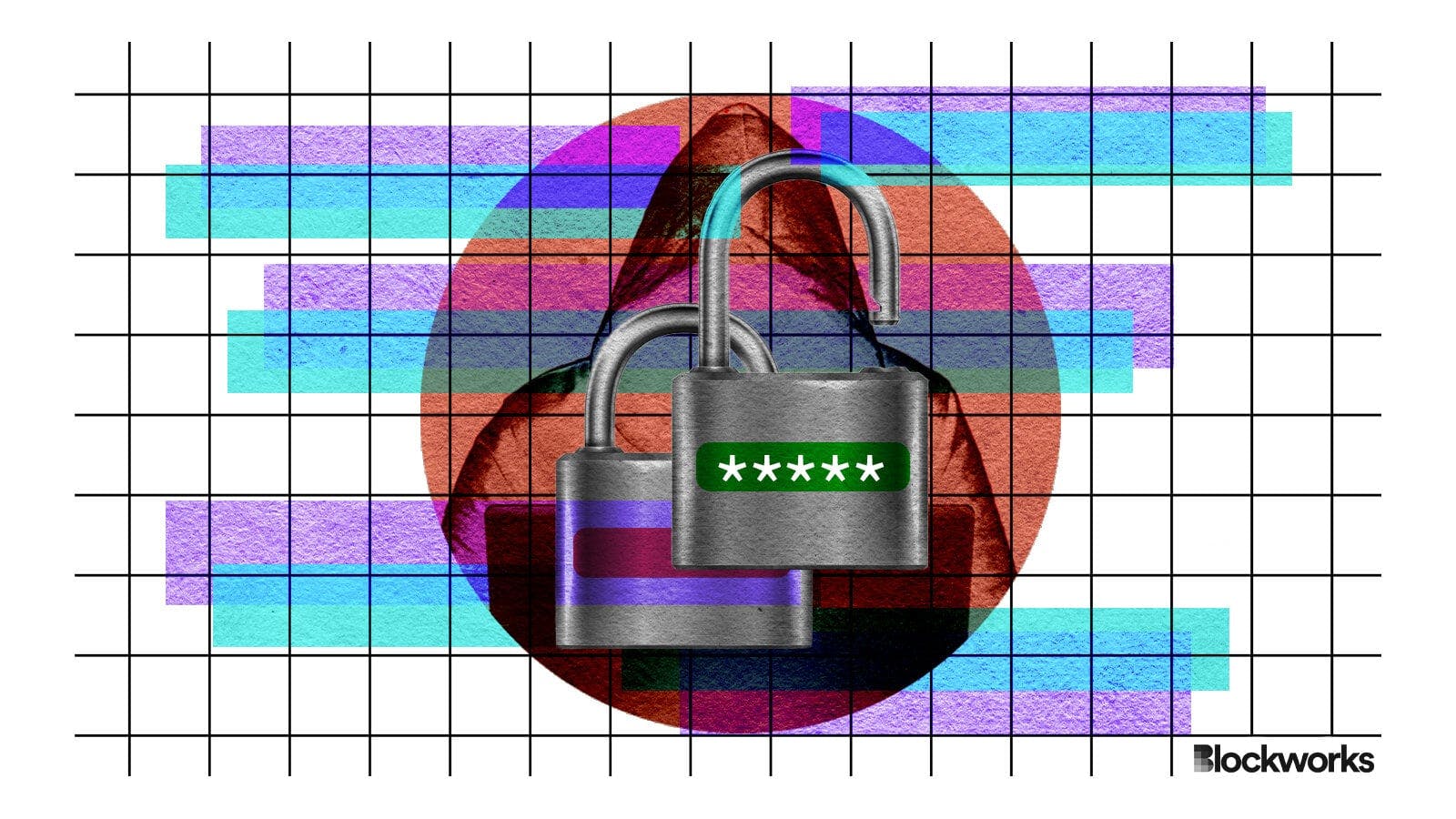$80M lost in first hack of 2024
South Korea’s Orbit bridge lost $80 million in a hack involving a recurrent theme: private key compromise

Artwork by Crystal Le
Orbit Chain, a cross-chain bridging project, has lost over $80 million in assets in a preventable bridge hack over the new year.
The South Korean company is not to be confused with Orbiter Finance, an Ethereum-based cross-rollup bridge with a similar name.
According to a researcher who goes by the pseudonym officer_cia, the attacker had obtained access to seven out of ten multisig signers, resulting in losses totaling $81.5 million.
Multisig, short for multi-signature, requires multiple private keyholders to sign a transaction and is normally used to prevent one single party from controlling the wallet.
Most of the stolen funds were in stablecoins, including $30 million in USDT, $10 million in USDC and $10 million in DAI; an estimated 231 WBTC ($10 million) and 9,500 ETH ($21.5 million) were also lost.
An intermediary address was used to transfer stolen funds before they were moved through a cryptocurrency mixer.
The Orbit Chain team has requested cryptocurrency exchanges to freeze the stolen assets, and the team is currently speaking with law enforcement to track the missing assets.
Additional warnings have been posted to prevent users from engaging with reimbursement claims, which have also been circulating.
Unsecured infrastructure
Orbit Bridge is not the first infrastructure created by Ozys, a South Korean blockchain development company, to have been hacked in recent years, according to Taylor Monahan, Lead Product Manager at Metamask.
KlaySwap and Belt Finance, also creations of Ozys, have also seen their protocols drained of cryptocurrencies. Belt Finance lost an estimated $6 million in May 2021, and an additional $60 million was put at risk in August 2021. KlaySwap had its protocol drained of almost $2 million in February 2022.
Neither hack was ever attributed to an organized group, but Monahan notes that it is important for projects to learn from previous mistakes.
Multisig risks
Exploits related to private key compromise are among the most common.
It was a factor in the high-profile Ronin Bridge exploit of March 2022, when hackers drained $625 million.
According to Web3 security firm Quantstamp, “compromised keys were the biggest threat of 2023.”
Recent analysis from smart contract auditor Certik concluded $880 million were lost across 47 incidents — just 6.3% of all security incidents — representing nearly half of all financial losses. That makes private key compromises the most costly attack vector last year.
“It doesn’t really matter who hacks you…All that matters is that you [wrecked] people who trusted you, for better [or] worse,” Monahan wrote in a post on X. “Ideally, you learn from your mistakes and share lessons learned with others so that less people get [wrecked] in the future, not more.”
Macauley Peterson contributed reporting.
Start your day with top crypto insights from David Canellis and Katherine Ross. Subscribe to the Empire newsletter.





